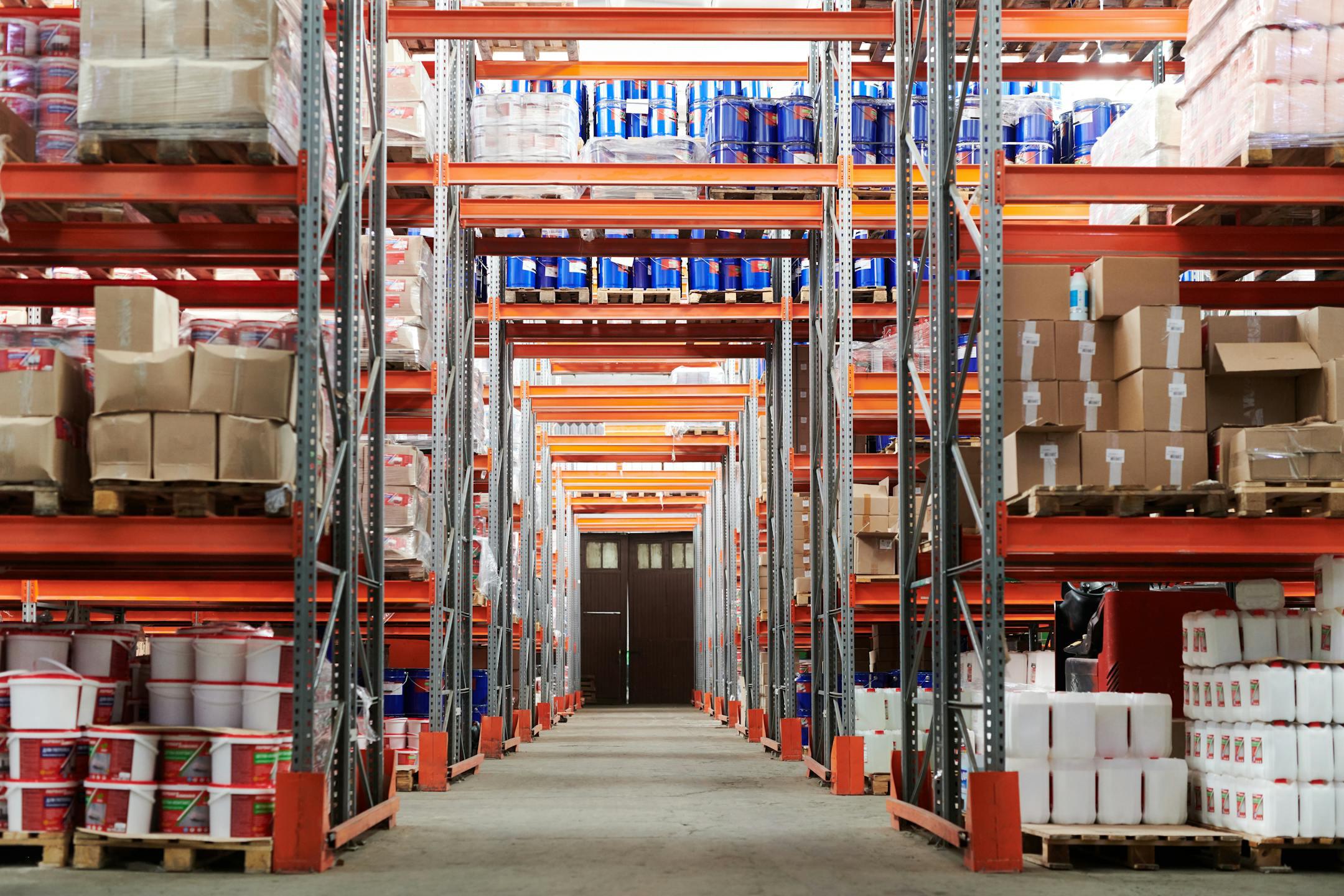
Expanding manufacturing operations is a major milestone for any business. Whether you're scaling up to meet increased demand, diversifying product lines, or entering new markets, a well-planned manufacturing expansion strategy is essential for success. Without careful planning, growth can lead to operational inefficiencies, financial strain, and supply chain disruptions.
Top Considerations for an Effective Manufacturing Expansion Strategy.
Assess Current Production Capacity and Future Needs.
Before expanding, it's crucial to conduct a thorough evaluation of your current production capacity. Identify whether existing bottlenecks or inefficiencies are limiting production and determine how much additional capacity is actually needed.
Expanding without assessing your current capabilities could lead to overinvesting or underutilizing new resources, reducing profitability.
Evaluate Financial Implications and Funding Options.
Manufacturing expansions require significant capital investment, whether for new equipment, facility expansions, or workforce growth. Understanding the financial impact and funding options is critical for any successful manufacturing expansion strategy.
By carefully managing financial resources, you can avoid overextending your budget and ensure the expansion remains profitable.

Strengthen Supply Chain and Vendor Relationships.
An increase in production capacity requires a strong and reliable supply chain. Without proper planning, supply chain disruptions can create delays, cost overruns, and production inefficiencies.
A resilient supply chain ensures that production remains consistent and efficient, even as demand increases.
Invest in Workforce Growth and Training.
Expanding manufacturing operations often means hiring additional employees or upskilling the current workforce. Without the right team, increased production capacity may not translate into improved output.
A well-trained workforce will maximize productivity and help integrate new technologies and processes seamlessly, making it essential to your manufacturing expansion strategy.
Leverage Technology and Automation.
Modern manufacturing relies heavily on automation and advanced technology to improve efficiency, reduce costs, and maintain quality. When expanding, consider how automation can streamline operations and reduce reliance on manual labor.
Technology-driven expansions help manufacturers stay competitive, reduce errors, and lower long-term operational costs.
Ensure Compliance with Industry Regulations.
Expanding manufacturing operations often involves new permits, safety standards, and environmental regulations. Failing to comply with legal requirements can lead to fines, project delays, and reputational damage.
Staying proactive with regulatory compliance avoids costly legal challenges and ensures a smooth expansion process.
Are You Ready for an Expansion?
Execute your growth flawlessly by partnering with Bothwell Engineering. We are a network of expert engineering consultants who provide cutting edge solutions for manufacturing companies, and we have proven strategies to help you expand. Learn more about what we offer online, or contact us to get started today.